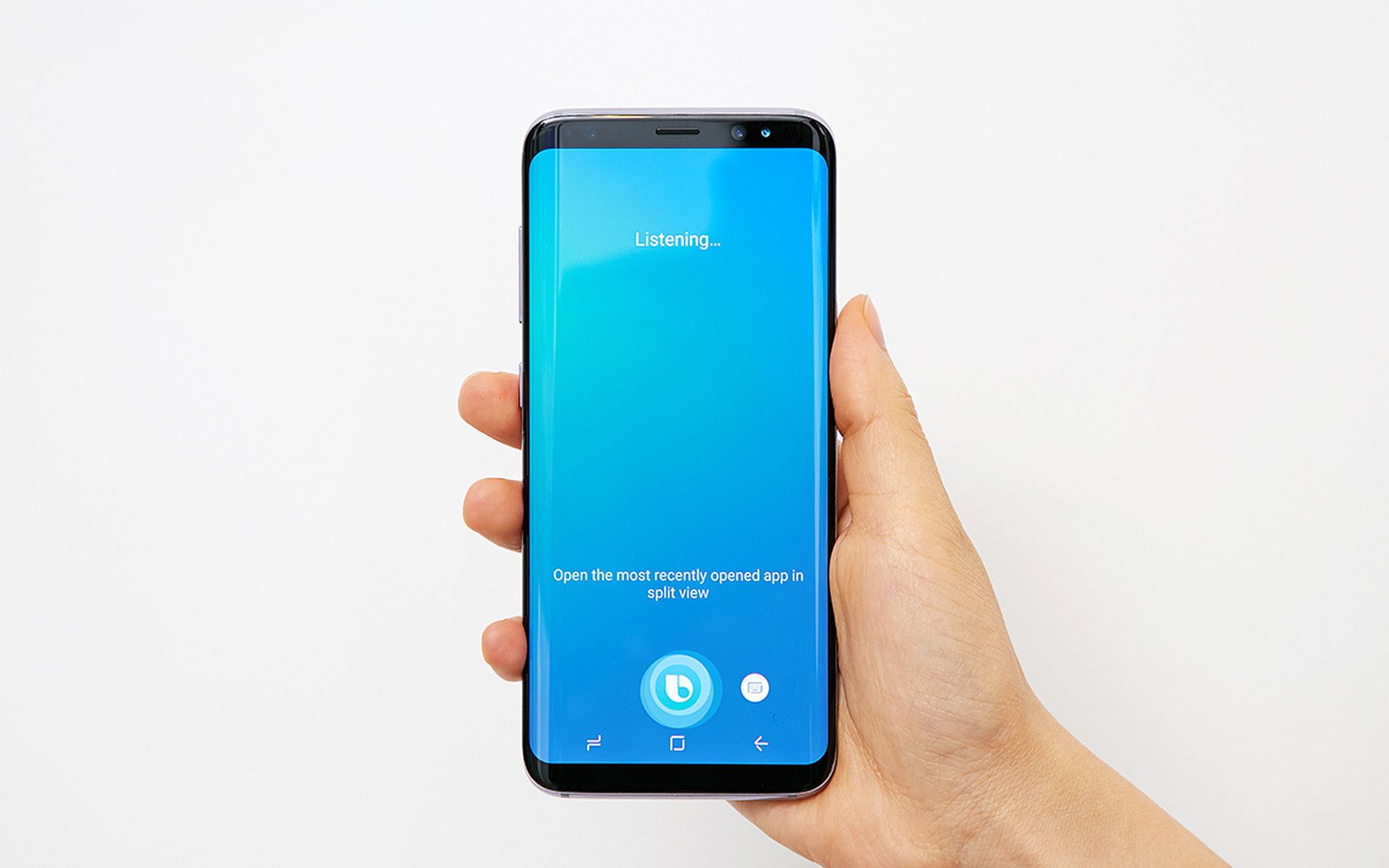Bixby AI. Sounds interesting right? Samsung might be ready to reincarnate its voice assistant with generative AI features.
Samsung is set to introduce a new version of its Bixby voice assistant, leveraging its proprietary artificial intelligence technology, as revealed by TM Roh, the leader of Samsung’s mobile sector, in a conversation with CNBC. This enhancement is motivated by the renewed interest in digital assistants, sparked by the success of OpenAI’s ChatGPT. The upcoming iteration of Bixby will utilize Samsung’s own large language model, highlighting the company’s commitment to advancing its AI capabilities.
Will it be called Bixby AI?
“We’re going to advance Bixby with application of Gen AI technology,” Roh stated.
Introduced in 2017 alongside the Galaxy S8, Samsung’s Bixby voice assistant offers a range of functionalities from live translations to dining suggestions. It also features Bixby Vision, which enables users to scan their surroundings using their smartphone camera to gather information about objects in view. While Samsung has been enhancing Bixby for some time, they’ve recently set a definitive timeline for its next release.
In the realm of AI, generative AI involves technologies capable of creating content, like answering queries or producing images, powered by a type of AI known as a Large Language Model (LLM) which is trained on extensive datasets.

Despite these advancements, Samsung continues to support various voice assistants on its devices, including Google’s AI assistant, according to TM Roh. The latest Bixby update is part of a wider initiative to integrate advanced AI features across Samsung’s device lineup. This was highlighted during the recent launch of the Galaxy Z Fold6 and Z Flip6, where Samsung also introduced new AI functionalities aimed at enticing consumers to adopt higher-end smartphones.
“We are reinforcing and bringing more AI capabilities to our products. As consumers use more AI capabilities they can actually feel the convenience and benefits they bring. I believe strongly that these Galaxy AI, mobile AI are strong motivations and drivers for the purchase of new products,” Roh stated.
Everything announced at Samsung Galaxy Unpacked
Bixby’s struggled to gain widespread acceptance in the past and this is connected to several factors:
- Competition: When Bixby launched, the market was already dominated by established players like Apple’s Siri, Google Assistant, and Amazon’s Alexa. These assistants were deeply integrated into their respective ecosystems, making it difficult for Bixby to carve out its niche.
- Performance issues: Users often reported that Bixby did not perform as well as its competitors in understanding commands and delivering useful responses. This was particularly evident in areas like voice recognition accuracy and the speed of processing requests.
- Limited integration and support: Initially, Bixby’s functionality was limited compared to its competitors, and it lacked the broad third-party app integration that users enjoyed with other assistants. This reduced its usefulness in daily tasks.
- User experience: Bixby’s interface and user interaction were not as intuitive or user-friendly as those of its competitors. Users often found the assistant cumbersome to use, which deterred widespread adoption.
- Brand loyalty and habits: Many smartphone users were already accustomed to their devices’ built-in assistants, such as Siri or Google Assistant. Switching to a new assistant requires a change in user habits and some learning, which many were not inclined to undertake without significant added value.
So, the new “Bixby AI” should fix, or consider fixing, all these issues.
Featured image credit: Samsung





